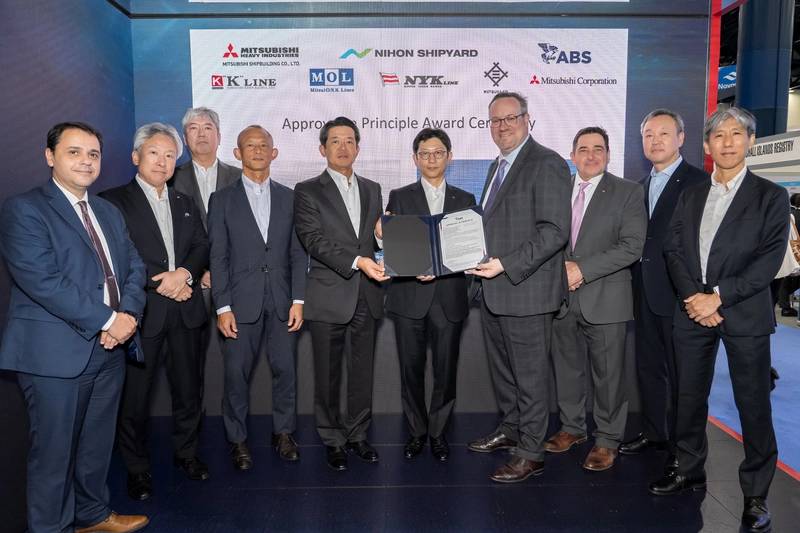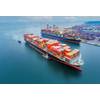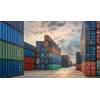ABS Issues AIP for Japanese LCO2 Carrier Designs
ABS issued an approval in principle (AIP) to leading Japanese companies at Gastech 2024 for two liquid carbon dioxide (LCO2) carrier designs with Type-C cargo tanks that do not require performing post-weld-heat-treatment based on the demonstration of an engineering critical assessment.
ABS reviewed the drawings based on class and statutory requirements for the two designs, a 50K cubic meter carrier and a 23K cubic meter carrier, featuring Type-C cylindrical tanks made of carbon manganese steel that stows the liquefied CO2 with low-temperature and low-pressure.

The AIP is the result of extensive cooperation within a joint development project on the detailed design development, considering LCO2 critical characteristics. The project team included Mitsubishi Shipbuilding; Nihon Shipyard; Kawasaki Kisen Kaisha (“K” Line); Mitsui O.S.K. Lines (MOL); Nippon Yusen Kabushiki Kaisha (NYK); Mitsui & Co. and Mitsubishi Corporation.
In August, “K” Line, MOL and NYK Line have commenced a joint study with a group of Japanese shipyards for the design and specification of LCO2 carriers and the development of a supporting construction supply chain.
The companies believe that as the demand for LCO2 carriers is expected to grow to support projects that transport CO2 collected in Japan to storage sites by sea, it is necessary to build LCO2 carriers stably within Japan. This will help realize the CCS value chain for Japan and improve the economic efficiency of the projects.
The shipyards participating in the study are Mitsubishi Shipbuilding, Imabari Shipbuilding, JMU and Nihon Shipyard, but the study will aim to enable construction at other Japanese yards as well.
Last year, Mitsubishi Shipbuilding and Nihon Shipyard signed an MoU with Mitsui & Co to study LCO2 carriers for large-scale international transportation. MOL also agreed to consider a potential joint venture with Petronas CCS Ventures and MISC Berhad for developing LCO2 carriers for CCS projects in Malaysia. MOL has already received approvals for an LCO2 carrier and floating storage and offloading unit (FSO) from ABS.
Related News


